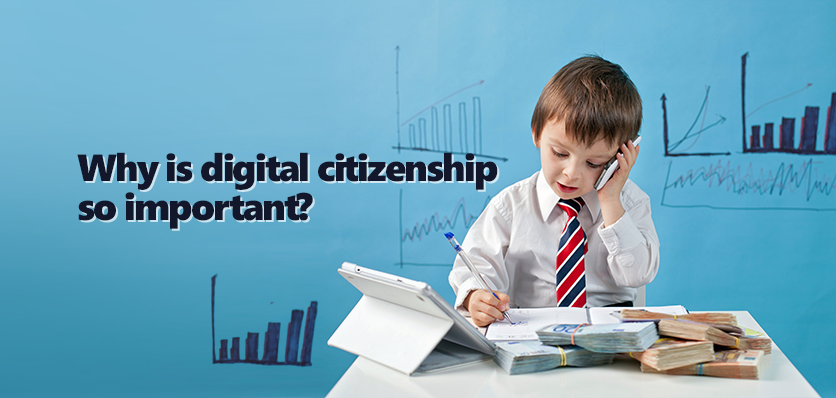
For this, we have one key teaching tip: don’t teach.
That may sound perverse, but it’s rooted in one of the fundamentals of citizenship: it’s about qualities and behaviors that aren’t handed out as rules, but instead nurtured as self-beliefs within students.
Besides, the era of digital citizenship belongs to their generation. They not only understand its technologies as well as or even better than their elders, they also deserve the right to shape its parameters themselves.
So rather than giving you ‘teaching content’, we’re suggesting three topics around which you can empower your students to build their own concept of digital citizenship. With these, we suggest using:
Students should list these. They can start with straightforward computer abilities, but also cover things such as:
They could also debate what the absence of these skills would mean, and the implications of disenfranchisement.
You need to help students make the leap: from seeing a digital citizen not just as someone who knows how to use technology, but as someone who knows how to use it in the right ways.
This opens up issues of ethics, safety and civility. Netiquette, as it’s often called. For example:
What are the repercussions of not behaving like this – for an individual, and for society?
While safety and civility are important, students shouldn’t see that as the core of digital citizenship. They should also feel excited about its potential.
Firstly, it can be a way for them to become producers and managers of information and perspectives, using technology to enhance their critical thinking, communication, flexibility and teamwork skills.
Secondly, it opens up the entire world. Citizenship used to essentially encompass your local community: the neighborhood, city and country in which you lived. But the digital world has no such physical borders, and its citizens need to ‘live’ with everyone everywhere.
How does a citizen of the future balance both their physical and digital worlds?